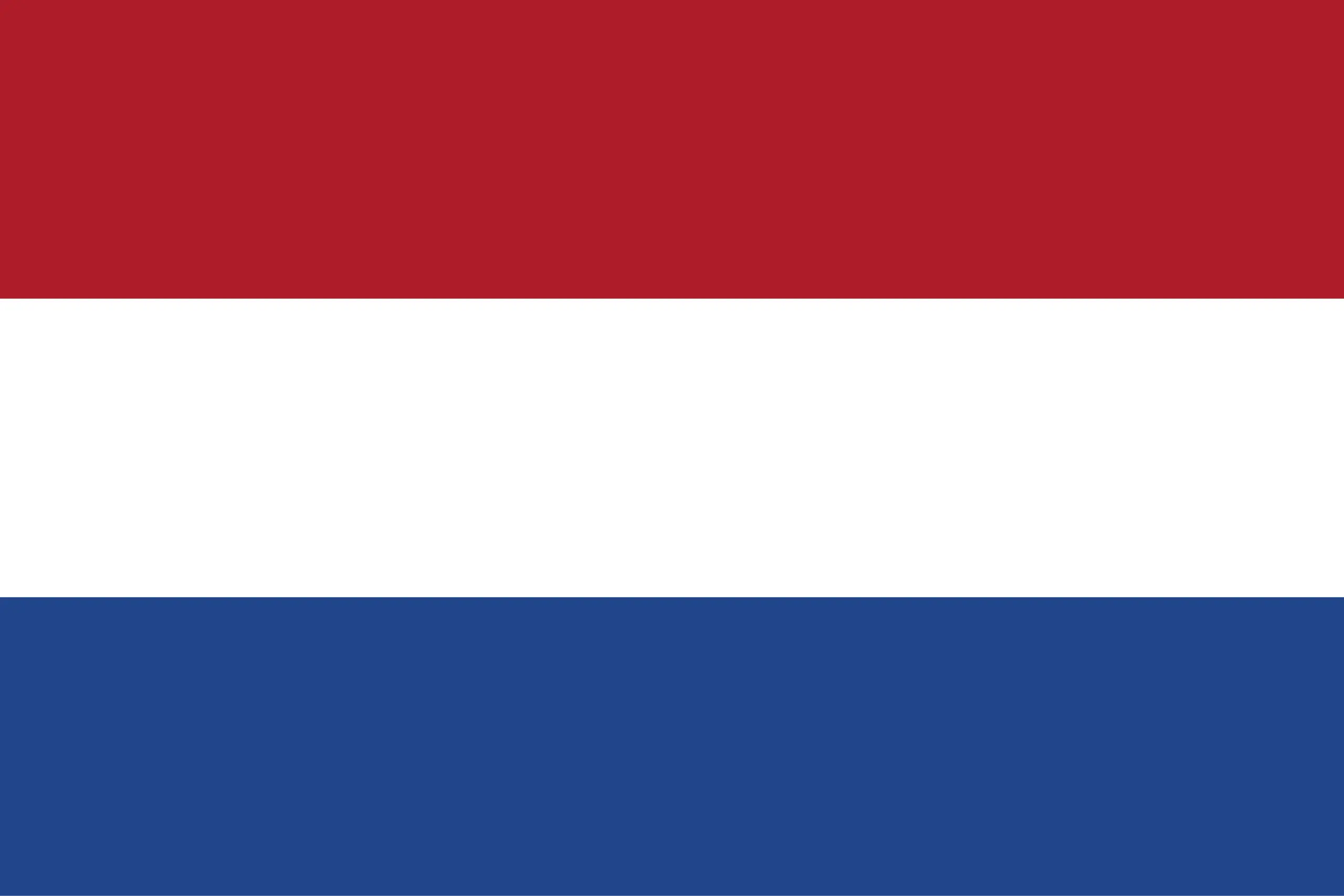
Run sheet for your Christmas event: practical checklist & tips
From Christmas markets and winter festivals to local holiday celebrations: in December, many towns, councils and community groups organise festive events. Usually with lights, stalls, music, ice rinks, food and maybe even a visit from Santa – and often more work than expected.
The bigger the event, the more moving parts there are: suppliers, volunteers, permits, safety and schedules. Without clear coordination, things can quickly get messy. A good run sheet helps you keep everything in one place – and ensures everyone knows what needs to happen, when.
In this article, you’ll learn what to include in a run sheet, which common mistakes to avoid, and how to make sure your plan holds up – even if it suddenly starts snowing.
What to include in a run sheet for a Christmas event
A run sheet isn’t a report or a policy document – it’s a practical tool you’ll use during the event. At the very least, it should include:
- 🕒 Timeline by phase
Break the event down into clear phases: preparation, set-up, the event itself, and breakdown. For each phase, describe what needs to happen, who’s involved, what materials are needed, and at what time. This keeps everything organised – even if there are delays or issues on the day.
- 👥 Tasks and responsibilities
Who’s in charge of power? Who briefs the volunteers? Who calls the council if something goes wrong? List every task with a name and phone number, so everyone knows who to contact.
- 📄 Permits and safety
List the permits you've obtained and the contact person for each. Add your safety plan too – including evacuation routes, first aid points and emergency numbers.
- 📦 Suppliers and facilities
From the stall provider to the ice rink installer – include every external party in one clear overview. Also note key dates like set-up times, delivery slots, and agreements for breakdown and cleaning.
- 📢 Communication and contacts
Make sure communication is covered too: who’s managing visitor updates, who posts weather alerts, and who handles press or local media?
Common mistakes (and how to avoid them)
A good run sheet is clear, up to date and practical to use. But that doesn’t always happen automatically. Here are common pitfalls to watch out for:
- Not enough coordination beforehand – simply assigning tasks isn’t enough. Check that everyone actually understands what’s expected.
- No contact details listed – if the power cuts out, who do you call? Always include names and numbers.
- No contingency plans – what if it’s icy, an artist cancels, or a tent doesn’t arrive on time?
- Too long or too vague – keep it short, clear, and easy to update. No one’s going to read 30 pages on-site.
- Not sharing the run sheet (or sharing it poorly) – make sure everyone knows where to find it, and ideally work from one central version.
Tips for a run sheet that actually works
- Break it down by day or time slot
Especially for multi-day events, it helps to clearly list the daily structure – with build-up, briefings, key moments and breakdown all laid out per day or time block. - Use colour-coding or icons
For example, to mark tasks, responsibilities, phases or safety items. This helps people quickly scan and find what’s important. - Include a checklist
For things like set-up, weather checks, supplier arrivals or breakdown. That way, you can be sure you won’t forget anything during busy moments. - Test your run sheet in advance
Walk through it the day before with a colleague. That way, you’ll spot gaps before they become problems.
Don’t forget the risks you can’t plan for
A run sheet helps your event run smoothly – but some risks simply can’t be planned for. Think: storm damage, technical failure or an accident at the ice rink.
That’s where event insurance comes in. It covers the kind of unexpected issues that could otherwise lead to major costs and a lot of hassle afterwards.
At No Risk, we’re happy to help you think through the risks of your Christmas market or winter event. You can easily calculate your premium online and take out insurance right away – whether you're organising a small local celebration or a large multi-day event.



